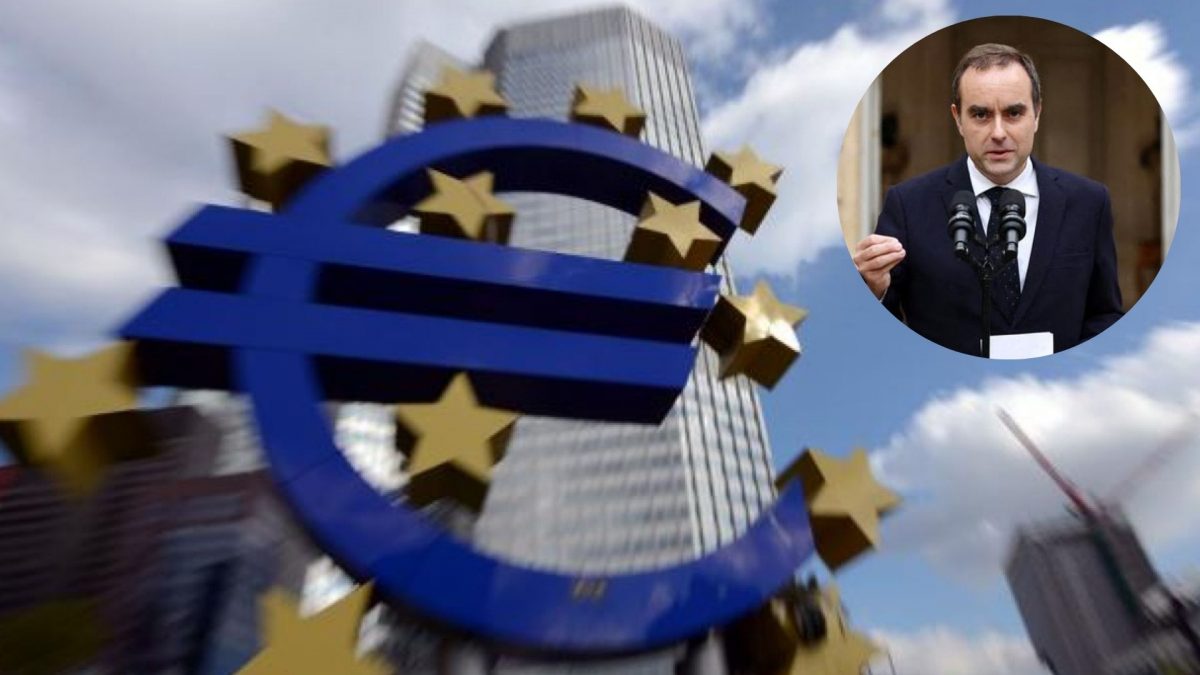Prime Minister Sébastien Lecornu resigned amid France’s political gridlock, shaking markets and increasing pressure on Emmanuel Macron to dissolve the National Assembly or seek drastic solutions
France’s already distressed political landscape was thrown into deeper turmoil on Monday following the abrupt resignation of Prime Minister Sébastien Lecornu, less than 24 hours after his new cabinet was announced.
This quick exit, prompted by immediate criticism from lawmakers regarding the composition of the new government, marks a severe setback in the nation’s search for political stability.
It shows just how unstable things have gotten—five prime ministers in less than two years.
The main parties can’t agree on how to lead or fix the country’s budget problems. US agency Fitch even pointed out that this kind of political gridlock is making it harder to sort out the finances, adding to the uncertainty.”
Markets react sharply
The political instability immediately reverberated through financial markets, alarming already cautious investors and pushing them to demand a higher premium for risky French debt.
The CAC 40 Index dropped sharply, falling about 2% to 7,916.36, while the yield on 10-year French bonds rose seven basis points to 3.58%, widening the gap with German bond yields to a nine-month high.
The euro also weakened against most currencies, notably sliding 0.55% against the US dollar. Shares in major French lenders, including Société Générale, BNP Paribas, and Crédit Agricole, experienced significant losses.
However, analysts suggest that while the political uncertainty is unhelpful and growth is expected to remain subdued, the broader economic fallout may be limited.
Political volatility has become an “entrenched feature of France’s landscape,” meaning markets and businesses are unlikely to dramatically alter their long-term views after the fall of “yet another minority government.” according to Leo Barincou of Oxford Economics, who spoke to Euronews.
At the heart of the crisis is France’s ballooning national debt, which now exceeds €3 trillion, equating to approximately 114% of GDP.
The inability to rebalance the budget is what brought down Lecornu’s predecessor, François Bayrou, whose austerity proposals—including a €44 billion cut from the 2026 budget and a two-day reduction in national holidays—were rejected.
The current political deadlock is characterised by a fundamental disagreement over fiscal solutions: left-wing lawmakers insist on higher taxes for the wealthy and a less ambitious debt-cutting target, a stance firmly opposed by pro-business factions.
The resignation of Lecornu, yet another victim of this parliamentary gridlock, has now forced President Emmanuel Macron to consider drastic options.
Macron faces limited options
The most likely scenario, according to analysts, is for Macron to dissolve the National Assembly and call for snap legislative elections, as appointing a new prime minister from his own camp is unlikely to break the political stalemate.
Lecornu’s departure “significantly increases the pressure on Emmanuel Macron to dissolve the National Assembly,” said Oxford Economics’ Barincou.
Alternatively, he could attempt to reach across the aisle for an opposition candidate, or, in a highly unconventional move, call an early presidential vote.
End of Article

)
)
